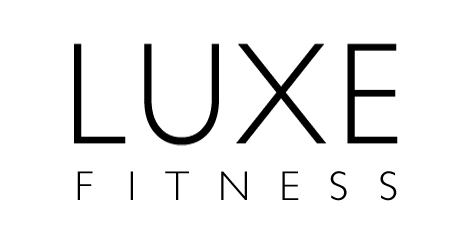It is not difficult to become confused by conflicting health advice, especially when it comes to the matter of hydration. You might meet people who are constantly sucking from a water bottle and swear it’s the reason their sports performance is so good, whereas others seem to intake far more coffee than they do water and seem unphased by any effects of dehydration. So, what’s the answer? Should you have a properly stocked water cupboard at all times? Or is it all a bunch of hype to sell more water? We’ve looked into it for you:
What do the standard guidelines say?
Renowned health body The Mayo Clinic as well as a whole host of universal, reputable sources, recommend men intake 3.7 litres per day, and women 2.7 litres of water per day. This averages at about 8 glasses. Pregnant women should be drinking a little more than this, and obviously if you’re a hardcore athlete or live in a very hot climate, your intake may need to be more than the 8-glass average.
But over the past decade, this commonly accepted claim has been widely disputed. It’s thought that the 8-glass-a-day rule originated in 1945 following advice distributed by the US Food and Nutrition Board. But within that context, the board also acknowledged that this water can be found in foods and other liquid sources, and doesn’t exclusively say that 8 cups of water should be consumed in addition to a normal day’s intake.
What’s the latest science?
Recent studies have further indicated that there’s been a bit of a misunderstanding in regards to the 8-cup-a-day advice.
In 2013 sports scientists in Australia conducted an experiment that was published in the British Journal of Sports Medicine. They wanted to discover what happened to athletic performance during dehydration. So they asked a group of cyclists to exercise until they lost 3% of their total body weight in sweat. Their performance was then re-assessed after rehydrating them using intravenous fluids. One group were given no fluids (placebo), the second group were given enough water to bring them back to 2% dehydration and the third group were given full rehydration. The cyclists had no idea how much they were receiving. Amazingly, no performance difference was noted between the athletes following the procedure. And this is important, because much of the time athletes, bodybuilders and gym-goers can overdo it on the water intake, increasing the risk of depleting sodium levels and causing illness.
However, that’s not to say for one moment that you shouldn’t hydrate. You absolutely should! The evidence merely suggests you are more flexible than you may have believed about what this hydration looks like and the sources it comes from.
For example, certain foods like cucumber, tomatoes, eggplant, watermelon and peppers are hydrating by their very nature. Sure, you won’t be able to stay fully hydrated by boycotting water and surviving on these foods alone, but they certainly contribute to a good hydration level when integrated into a balanced diet. And if you’re not a big fan of water, you can hydrate using smoothies, coconut water, milk (or milk alternatives) and diluted fruit juices. Basically, you’re not obliged to be tied into such a strict regime if it doesn’t suit you.
But water is good, right?
There’s no denying that water is vital for your overall health, in both your body and mind. Severe and persistent dehydration is linked to fatigue, memory problems, bloating, depression and skin complaints. So, you must ensure you don’t neglect your hydration requirements, especially if you’re working out regularly.
LUXE Fitness protein powders taste great when mixed with water or coconut milk / water and come in a variety of flavours, including vanilla, chocolate, strawberry shortcake, cinnamon donut and more! Basically, no matter what your taste preferences are, we have a protein powder that will liven up your shakes and breakfast drinks. For more information, head over to the Luxe Fitness website.

